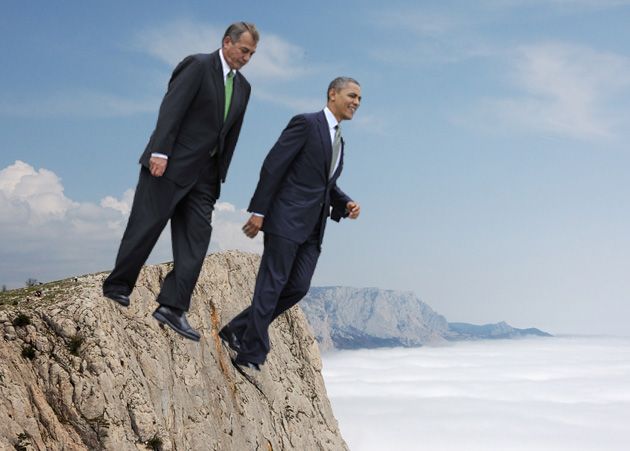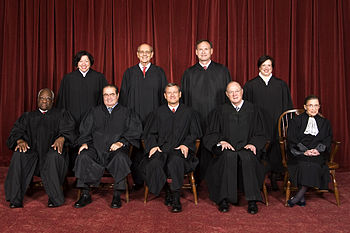If nothing else, boycotts get people talking. This year’s boycott of the Academy Awards by Jada Pinkett-Smith and other black actors did.
While I agree with their reason, protesting the lack of black Oscar nominees, at least black actors and actresses in the mainstream are afforded the opportunity to do work that will be seen, let alone possibly be nominated for such a prestigious award. Roles are written for black actors specifically in mind. It’s rare that the same can be said for the disabled.
There are a few physically disabled characters, but it is rare to see an actor who has spina bifida or cerebral palsy playing the role, or one that isn’t written sympathetically. Even worse: according to Ability Magazine, one half of one percent of the words spoken on television are spoken by a physically disabled actor. That’s a huge disparity.
The disabled characters that do exist are often written for non-disabled actors for ulterior motives. Take “Glee.” The producers cast a non-disabled actor, to play Artie, due to an already planned fantasy sequence where the character walked and danced.
According to the Guardian, when disabled characters are played by non-disabled actors, it’s known as “cripface.” Performing in blackface is of course not okay, but somehow, cripfacing is the norm in Hollywood. Tom Cruise. Kevin McHale. Eddie Redmayne. Dustin Hoffman. Daniel Day Lewis. None of them have a physical disability, but all have played disabled characters. There are logistics involved, but if written correctly, it wouldn’t be an issue.
And cripfacing for a dance sequence implies that wheelchair users can’t dance. You only need to look at Axis Dance Company in Oakland to know that’s not true. In many disabled people’s minds, they might as well just have had another character that wasn’t disabled. It’s seen by many (myself included) as an easy out for not hiring an otherwise qualified actor.
The Guardian also says that Glee “utilizes almost every imaginable disability stereotype, with a heavy emphasis on ‘inspirational’ storylines …” and “… a saccharine source for ‘courage’ for non-disabled characters, or merely as a plot device to humanize characters.” In other words, they want the audience to go “awwww!”
I can only think of two disabled characters played by disabled actors in the mainstream. Roles that aren’t meant to elicit a sympathetic response from the audience.
RJ Mitte played Walter Junior on “Breaking Bad”, an example of a show that did it right. Junior was disabled, and Mitte, an actor with cerebral palsy, was cast in the role. His existence was treated very matter-of-factly on the show, with hardly a word said about his condition. Walter Junior just … was. Ironically, Mitte’s opinion differs somewhat from mine. He said in an interview with ABC News – that’s the Australian network – that he views cripfacing as a grey area: there should be more opportunities for genuinely disabled actors, but if a role helps a non-disabled actor see things a different way, it’s just as positive.
Peter Dinklage as Tyrion Lannister in “Game of Thrones” is the only other exception I can think of, and I’ve read that there have been several other disabled characters on the show. I think other shows and movies should follow those examples. Game of Thrones may be fantasy, but disability is reality.
A friend recently suggested I write for TV. In theory, I agreed, but all I could think of doing was something like a disabled version of “Friends”. I’m afraid it either wouldn’t get past “development hell”, be reworked into an almost completely different thing, or would make it to the TV screen untouched, but be dismissed as derivative and cancelled not long after the first episode.
With only a few shows currently handling disability appropriately, I’m not sure America’s ready. Let’s get more disabled characters played by disabled actors into the mainstream first, and see what happens. Let’s at least start talking about it … or I’m going to call for a boycott.



